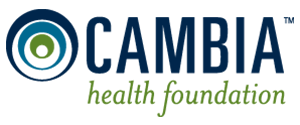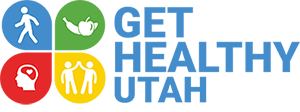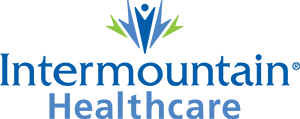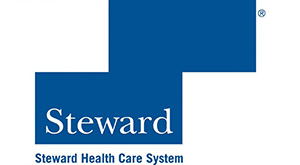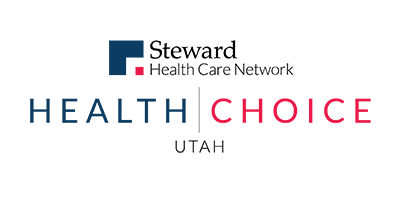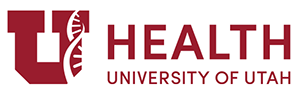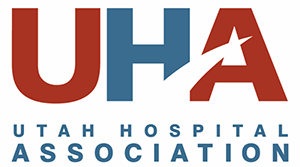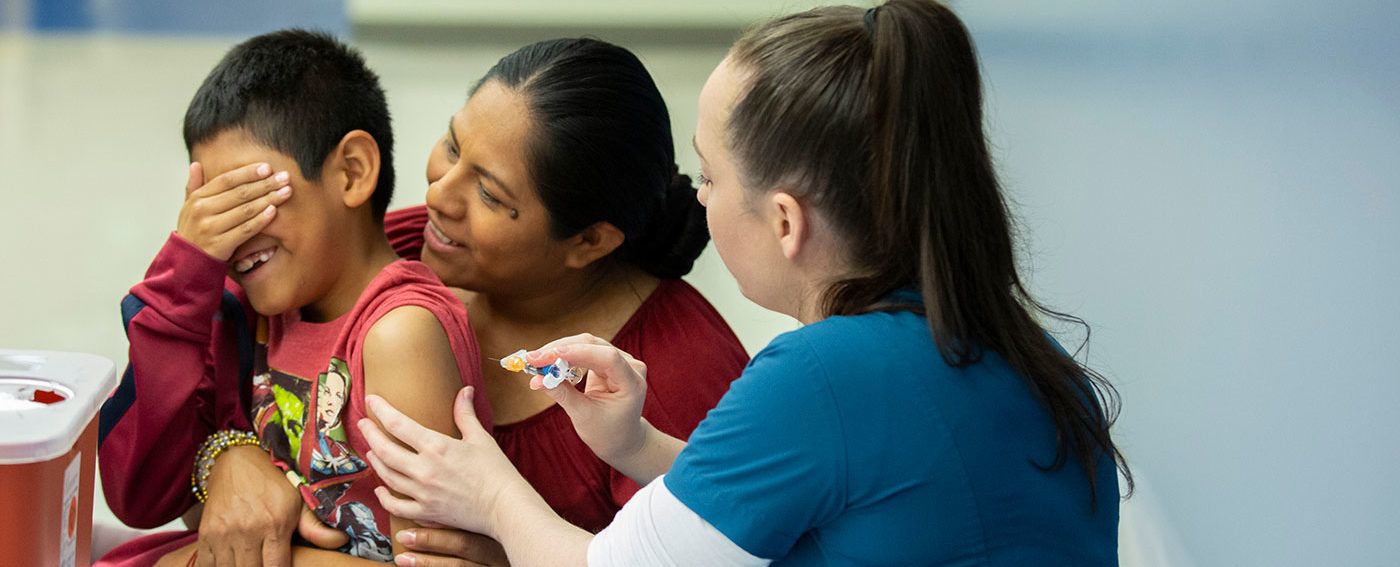
Social Determinants of Health
Social Determinants of Health are conditions in the places where people live, learn, work, and play that affect a wide range of health risks and outcomes.
Why Social Determinants of Health
"Resources that enhance quality of life can have a significant influence on population health outcomes."
-Center for Disease Control
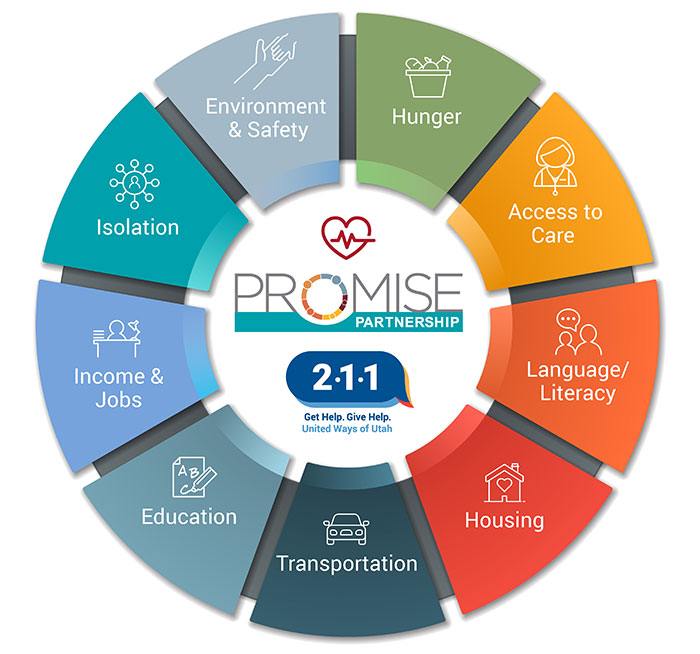
To build an inclusive community where all people achieve their human potential, we must put an emphasis on ensuring that every person in our community is healthy.
Data shows us that there are many factors, outside traditional healthcare, that contribute to the overall health and well-being of a person, including:
- • Access to care
- • Access to quality education
- • Food security
- • Housing stability
- • Transportation
- • Where a person lives
By developing a data-sharing infrastructure to streamline access to critical social services for individuals, working with communities to understand and address their needs, and redesigning systems, United Way of Salt Lake aims to improve outcomes for all Utahns - regardless of race, income, or ZIP code.
Social Determinants of Health and Health Equity
Health equity is achieved when every person has the opportunity to “attain his or her full health potential” and no one is “disadvantaged from achieving this potential because of social position or other socially determined circumstances [i.e. somone's race, ethnicity, gender].”
- Center for Disease Control
Addressing Social Determinants of Health (SDOH) is an important way to begin addressing the health disparities in our local systems. Policies, efforts, and systemic changes that address the social and economic well-being of individuals, i.e. the SDOH factors, will have a ripple effect in improving health outcomes for marginalized communities.
For example, improving education leads to better jobs with higher earnings and being able to access resources for good health, including healthier food, better transportation, and stable housing.
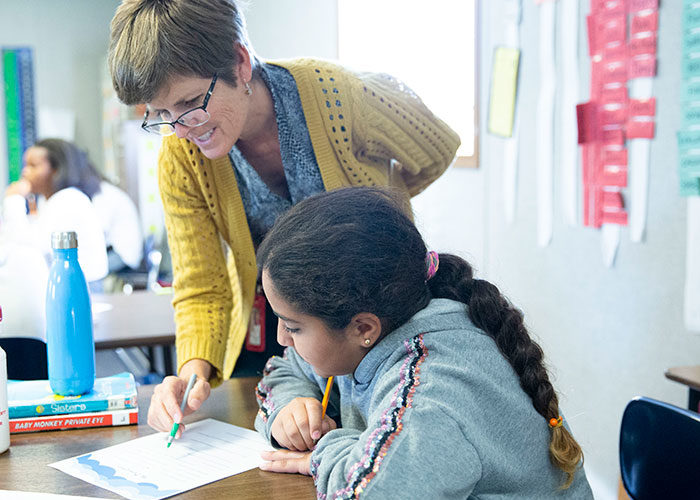
Our Goals
Individuals
Individuals get the help they need to address all the factors that impact their health, including fulfilling their basic needs, receiving quality education, and being on a path to financial stability.
Communities
Build upon placed-based partnerships to ensure communities are designed, built, and managed in a way that supports ALL residents in being healthy and achieving their potential.
Systems
Redesign systems (and their interactions with each other) to support both individuals and communities in achieving more equitable health outcomes, as well as improved usage and affordability of healthcare resources and sustainability of those outcomes.
Our Work

Addressing Basic Needs
211, a state-wide resource center powered by the United Ways of Utah, connects callers to the human resources they need to thrive. Each year, over 100,000 calls are made to 211 with the top service needs being utility service payment assistance, food pantries, and rent assistance. 211 information specialists then connect callers with other local non-profits, government entities, and other providers that can assist those in need of help.
Closed Loop Referrals
Our team acts as the coordination center for the Connect Us network, piloting in Washington and Weber counties. The network brings together service providers from across industries to address the widespread needs any individual may have. Using the Unite Us technology, service providers can refer clients to other local providers to ensure all aspects of an individual's Social Determinants of Health are met. The data from this technology allows us to see which aspects of health we need to invest more support in and what services we don't have, but need, within our community.
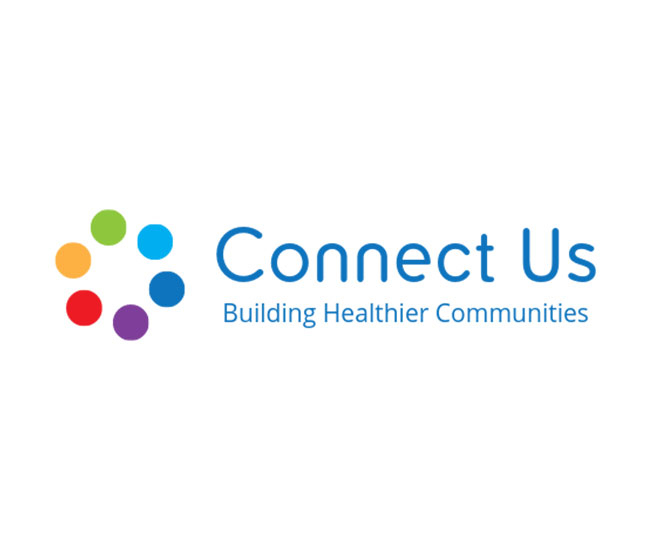
Partners
We are bringing together Utah’s leading health systems, community partners, and stakeholders across multiple sectors to develop scalable solutions for addressing social determinants of health and establish an integrated plan for accelerated and equitable outcomes throughout our communities. Thank you to all of the organizations who are joining us in this effort.

